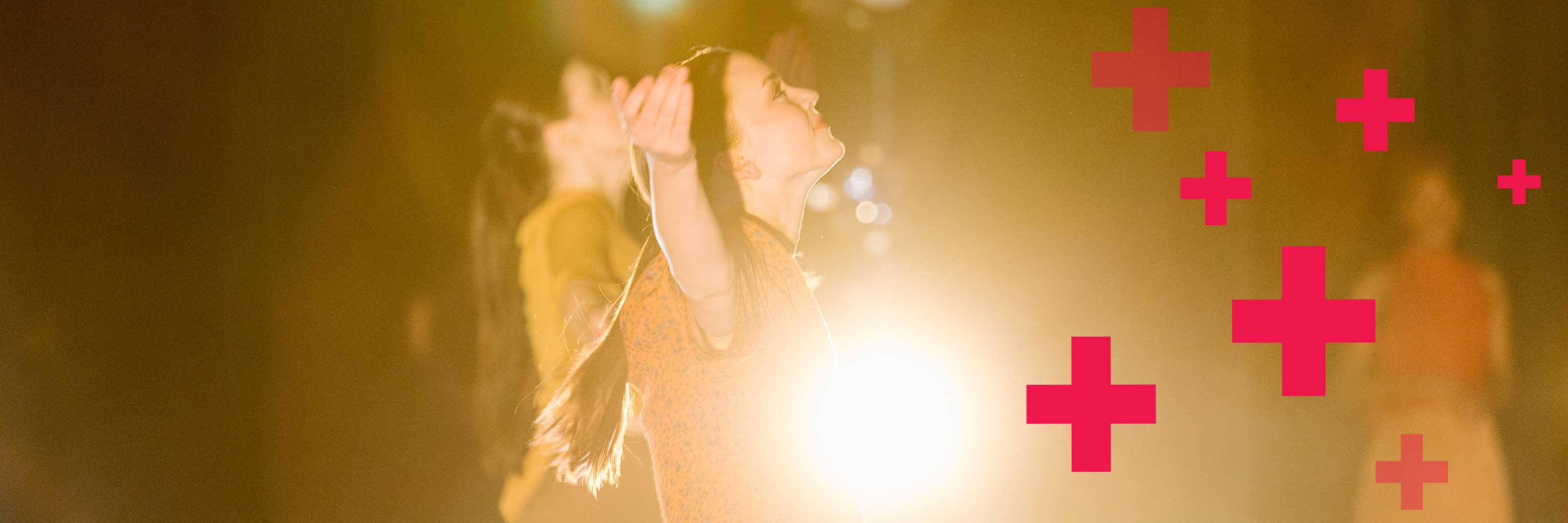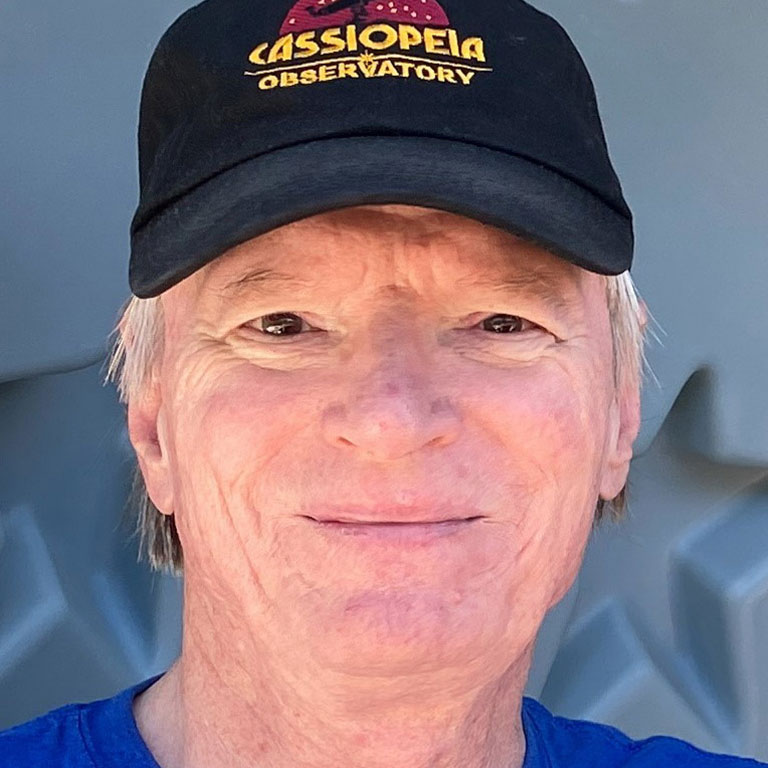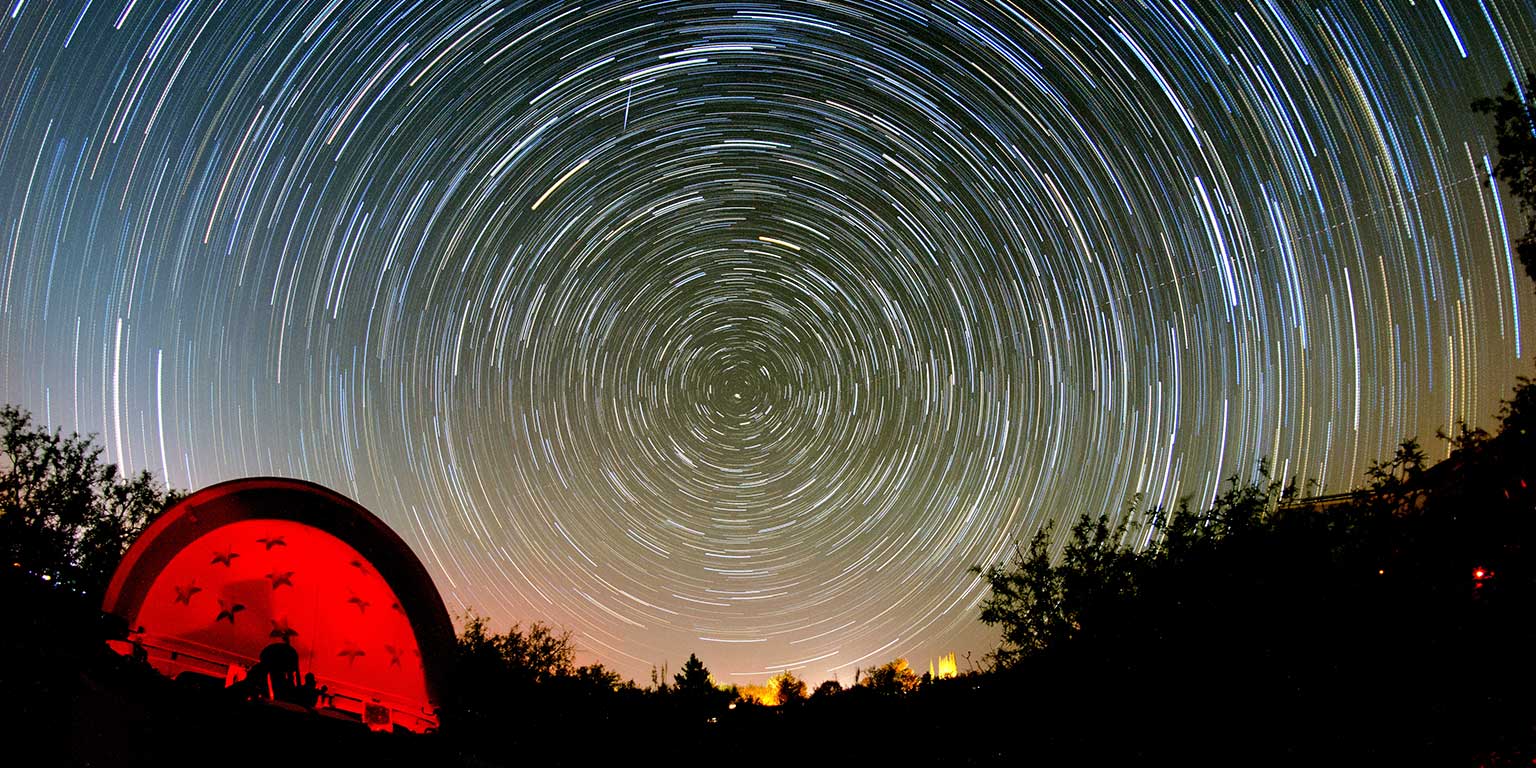“The harm that light pollution is causing is not just an aesthetic thing and it's not just an astronomy thing,” he explains. “We now know that there are all kinds of human health impacts. Breast cancer, prostate cancer, high blood pressure, obesity, Parkinson's disease, Alzheimer's disease—they all seem to have connections to excessive artificial light at night.”
Wildlife and insects are negatively impacted by the dearth of darkness, too. “A person may say, 'My little 40-watt bulb in the backyard doesn't really matter all that much,” Weasner says. “But take that 40 watts [multiplied by] hundreds of millions of people, and then it starts adding up.”
For his part, the Oracle, Arizona resident also lead the effort to earn “International Dark Sky Park” status for the local Oracle State Park. (It was the first such designation in one of Arizona's state parks.) What's more, in 2015, the International Dark Sky Association named Weasner an International Dark Sky Association “Dark Sky Defender.” He would later go on to serve as the association's Dark Sky Committee Chair.
“There are reasons to get a handle on light pollution—and it's the easiest kind of pollution to get a handle on,” Weasner concludes. “Controlling air pollution and water pollution is much harder. But, with light pollution, as soon as you turn off the switches or shield the light so that it doesn't point up at the sky, the effect is immediate.”




